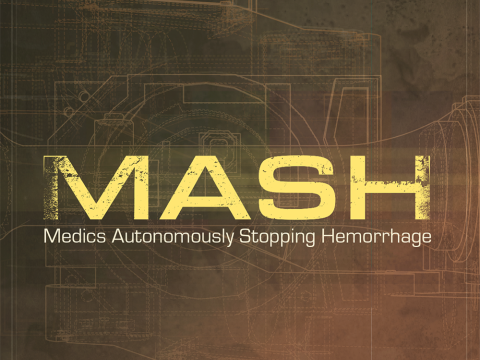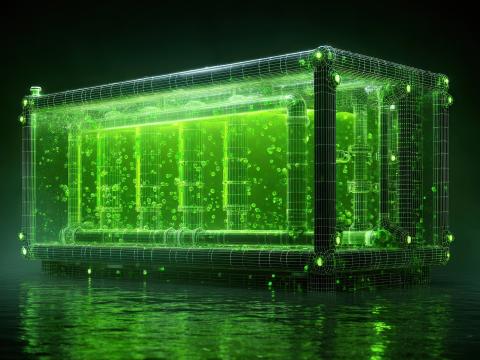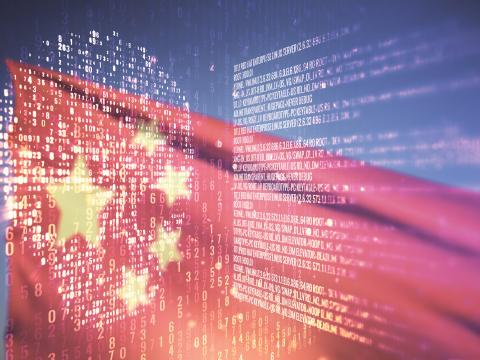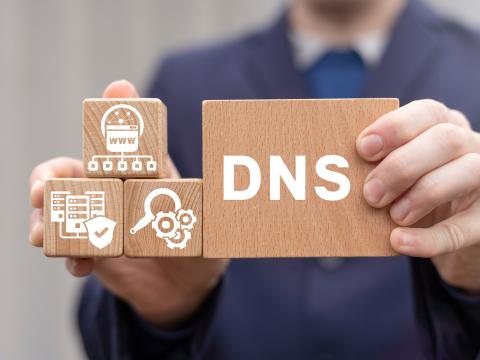Military Services Embrace Hybrid C2
Commercial-military hybrid by design is open for business, as services see a high cadence for technology updates and a shift away from long-term contracts, especially in cybersecurity.
“There will be plenty of opportunities for industry to participate in addressing specific areas associated with us,” said Robert Wolborsky, chief engineer, Naval Information Warfare Systems Command, U.S. Navy.
Speakers at a panel addressed network modernization, zero trust, industry partnerships and commercial and military integration at TechNet Indo-Pacific on Tuesday in Honolulu, Hawaii.
While the U.S. Army and Navy are both focused on upgrading legacy systems, the U.S. Coast Guard speaker stressed how the service is in one of the most significant modernization drives in its history. In contrast, the U.S. Space Force sees itself as digitally native and therefore less concerned with legacy systems.
“The Army, about two or three years ago, made a conscious decision, as we were launching on our most comprehensive network modernization effort today, across all three echelon: strategic, operational and tactical,” said Lt. Gen. John Morrison, deputy chief of staff, G-6, USA.
Zero trust is seen as a foundational security principle across the Coast Guard, Navy and Army, with each branch implementing it as a way to continuously evolve their cybersecurity.
“Zero trust, absolutely, is core to everything that we're doing right now. We're thinking about it not just from the networks, but also from the data,” explained Brian Campo, acting assistant commandant for C4IT, USCG.
All speakers stressed the value of industry partnerships as central to advancing military technology, while representatives from the services agreed that commercial collaboration accelerates innovation and deployment. The panel did not have a speaker from the Air Force.
“There are numerous companies that are providing commercial offerings that are of interest to the Space Force, and the reason for that is desegregation, dissemination and proliferation,” said Col. Nathan Vosters, director of requirements, resources and programs at U.S. Space Forces Indo-Pacific. He added that for his service, the interest is on space nodes as well as ground assets for command, control and communication with these nodes.
Security is not an ATO.
Speaking about Army operations, Morrison said, “We will never, ever deploy with a military-only network ever again.”
As services evolve toward increased security, speakers stressed the importance to innovate at the speed of industry.
“Security is not an ATO [authorization to operate]; it's not a one-point-in-time evaluation of whether your system's secure; it is a constant progression,” Campo said, stressing the evolution to a continuous demand from suppliers, including software as a service.
The panel “C4 Modernization and Transformation in the Indo-Pacific Theater” was moderated by Brig. Gen. Michael Smith. TechNet Indo-Pacific is organized by AFCEA International and the AFCEA Hawaii Chapter. SIGNAL Media is the official media of AFCEA International.




Comments